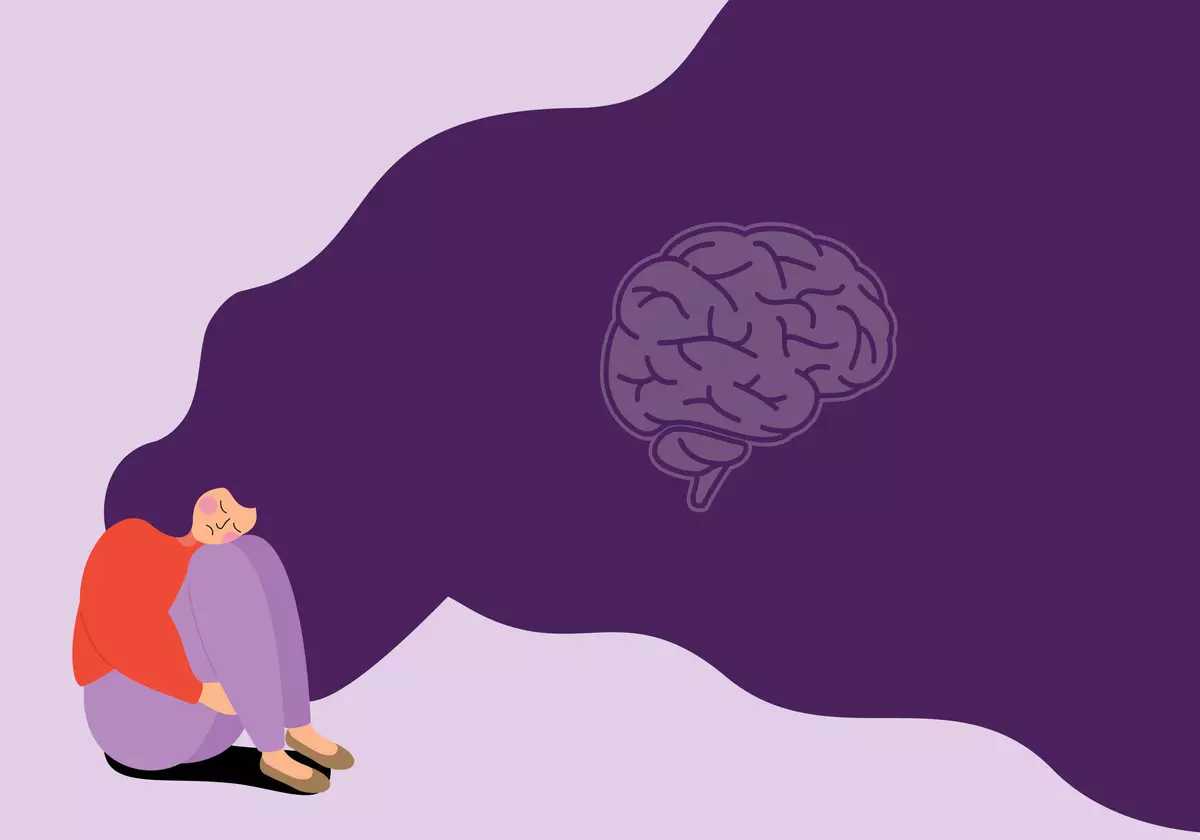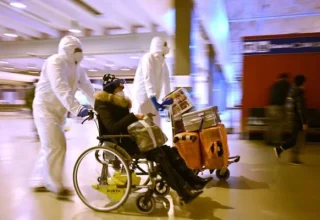WEB DESK, June 22(ABC): Why do we get a buzz from being in large groups at festivals, jubilees and other public events? According to the social brain hypothesis, it s because the human brain specifically evolved to support social interactions. Studies have shown that belonging to a group can lead to improved wellbeing and increased satisfaction with life.
Unfortunately though, many people are lonely or socially isolated. And if the human brain really did evolve for social interaction, we should expect this to affect it significantly.
Our recent study, published in Neurology, shows that social isolation is linked to changes in brain structure and cognition – the mental process of acquiring knowledge – it even carries an increased risk of dementia in older adults.
There s already a lot of evidence in support of the social brain hypothesis. One study mapped the brain regions associated with social interaction in approximately 7,000 people.
It showed that brain regions consistently involved in diverse social interactions are strongly linked to networks that support cognition, including the default mode network (which is active when we are not focusing on the outside world), the salience network (which helps us select what we pay attention to), the subcortical network (involved in memory, emotion and motivation) and the central executive network (which enables us to regulate our emotions).
We wanted to look more closely at how social isolation affects grey matter – brain regions in the outer layer of the brain, consisting of neurons. We, therefore, investigated data from nearly 500,000 people from the UK Biobank, with a mean age of 57.
People were classified as socially isolated if they were living alone, had social contact less than monthly and participated in social activities less than weekly.
Our study also included neuroimaging (MRI) data from approximately 32,000 people. This showed that socially isolated people had poorer cognition, including in memory and reaction time, and lower volume of grey matter in many parts of the brain.
These areas included the temporal region (which processes sounds and helps encode memory), the frontal lobe (which is involved in attention, planning and complex cognitive tasks) and the hippocampus – a key area involved in learning and memory, which is typically disrupted early in Alzheimer s disease.
We also found a link between the lower grey matter volumes and specific genetic processes that are involved in Alzheimer s disease.
There were follow-ups with participants 12 years later. This showed that those who were socially isolated, but not lonely, had a 26 percent increased risk of dementia.



























